Taiwan Institute for Governance and Communication Research (TIGCR) worked with the College of Communication to invite Professor Natalie Pang from National University of Singapore to hold the workshop “Introduction to Data Science with R” on Wednesday, October 5th. Professor Natalie Pang taught students how to apply software R to the hottest data science research. This workshop was hosted by Professor Trisha T.C. Lin, Associate Dean of College of Communication and Chair of International Research and Collaboration Committee in TIGCR.
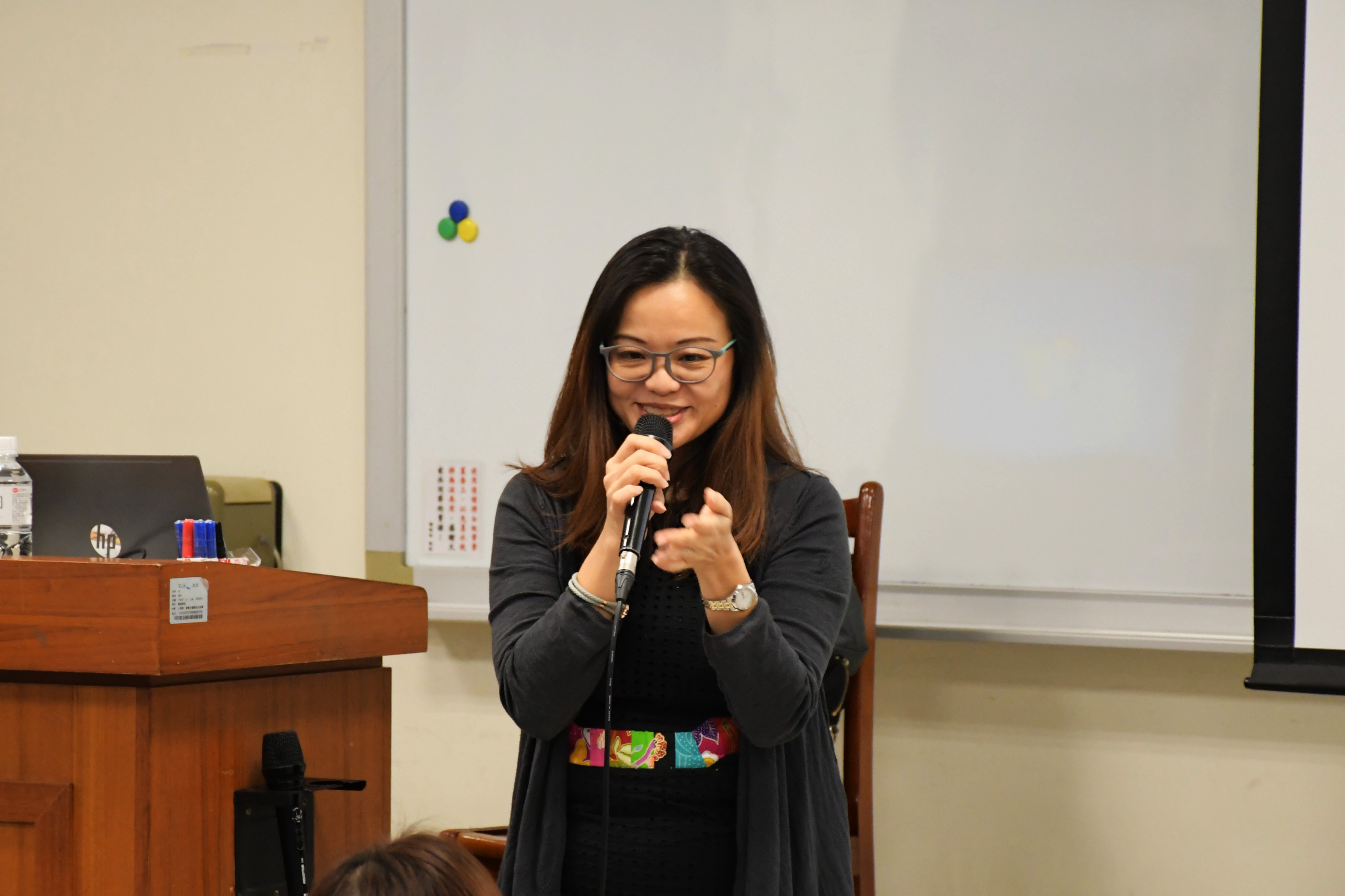
Professor Pang shared her research experiences
(Photo credit: TIGCR)
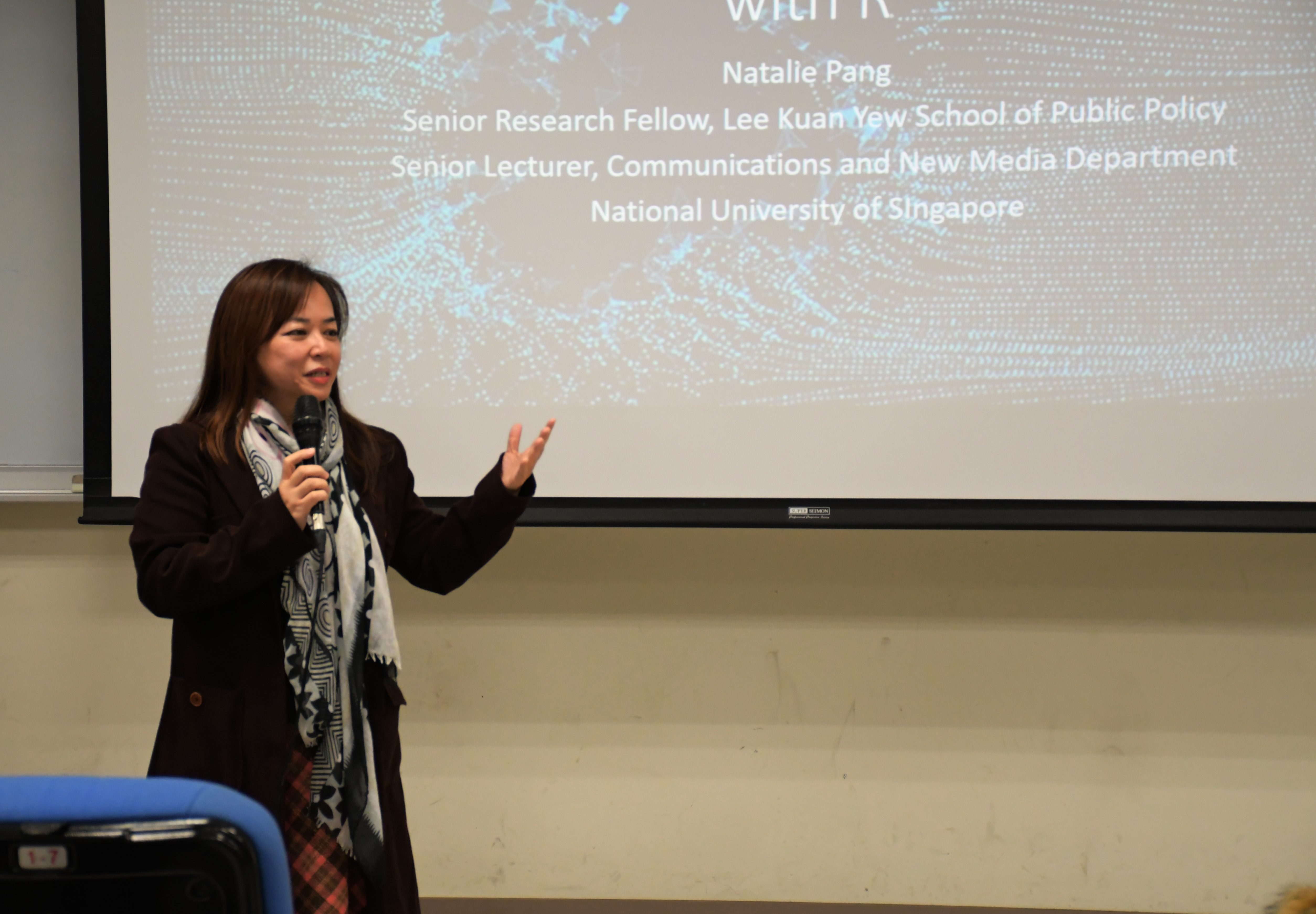
Professor Lin introduced the workshop
(Photo credit: TIGCR)
A series of news happening in Little India at the night in 2013 shocked the world. An Indian worker was killed by a private bus which angered local pedestrians and workers. The later-arriving police cars and ambulances were destroyed by hundreds of protestors. The death of an Indian sparked off ethnic conflicts. This two-hour riot occurred in relatively stable Singapore. The hashtag Little India Riot (#lir) then appeared on Twitter at that night. Users from everywhere uploaded and updated the news of turbulence in Little India. Professor Natalie Pang analyzed the whole disturbance.
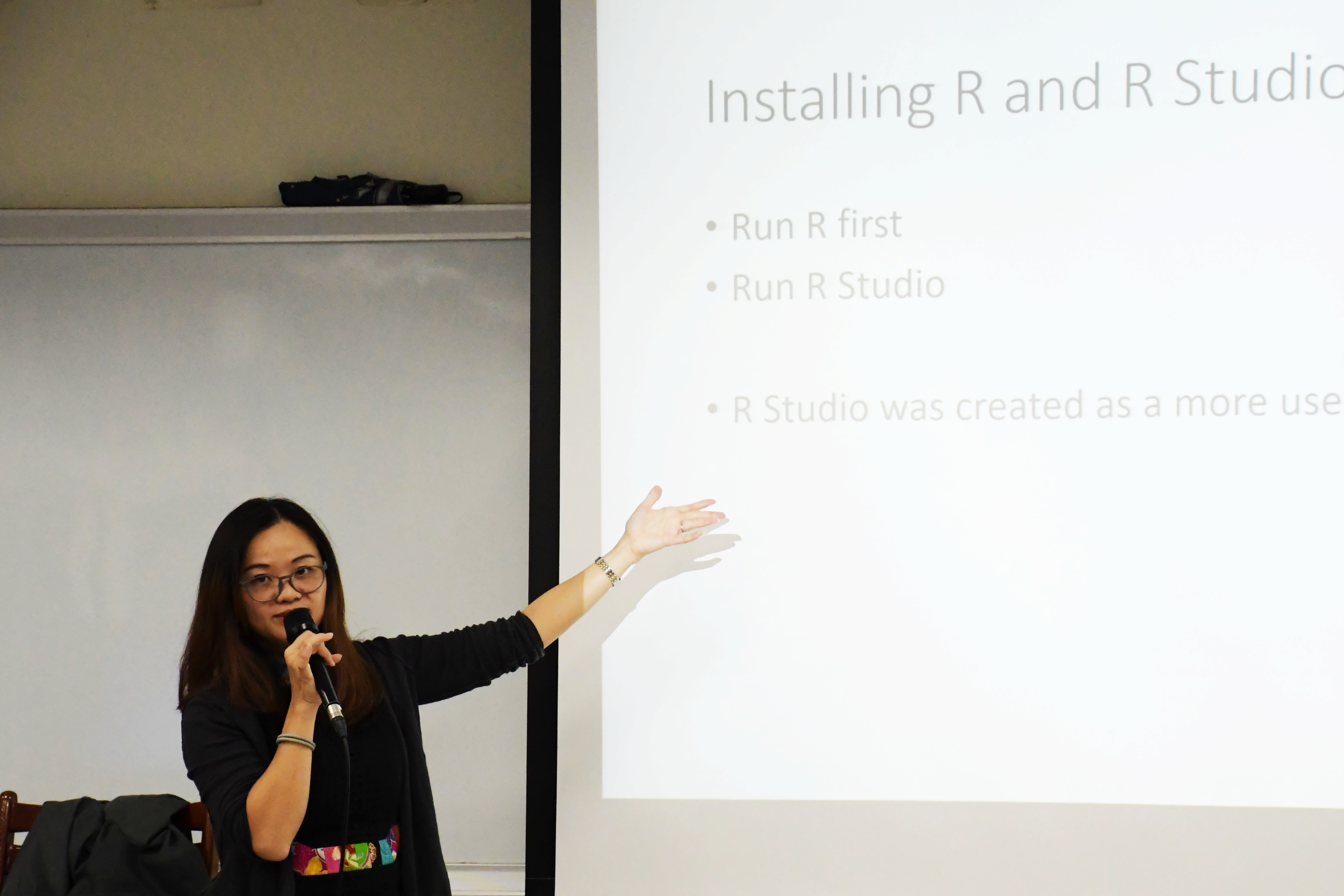
Professor Pang demonstrated how to use R and RStudio
(Photo credit: TIGCR)
In the workshop, Professor Pang shared the topic “About Data Science Myth”. By taking the riot in Little India as an example, Professor Pang used the software Python, excel, R and Tableau in different phases. This workshop focuses on R and RStudio. Professor Pang first discussed about R and RStudio, helping attendees to learn R step by step. She also offered open resources for self-learning.
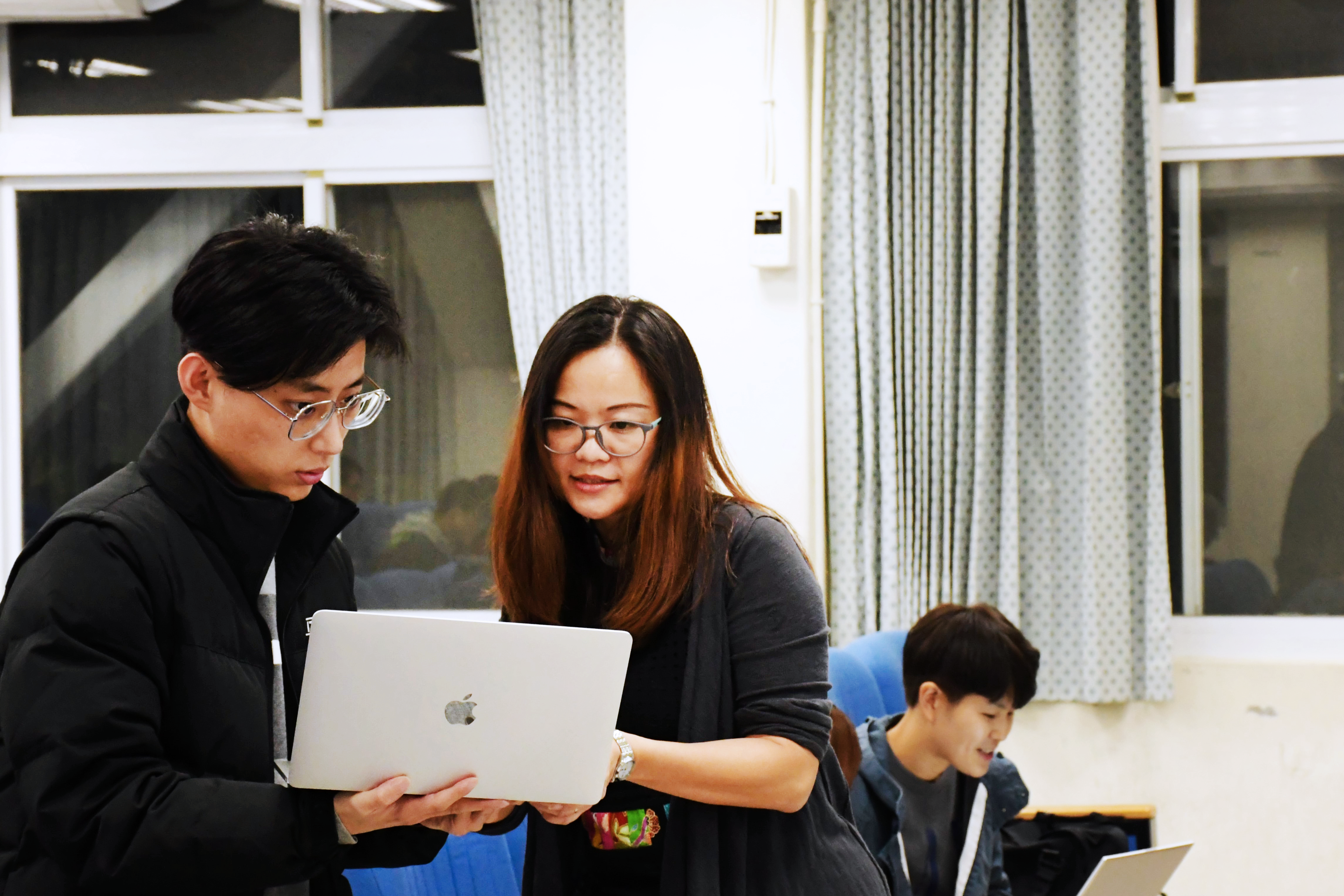
Professor Pang demonstrated how to use R and RStudio
(Photo credit: TIGCR)
Professor Pang shared her research experiences on social platforms, including Facebook and Twitter. She pointed out that it is important to get templates during the process of searching data, because we need to edit the contents in the software. Among several social platforms, the openness and consistency of Twitter make it become an important source of analyzing data. In contrast, Facebook, which is popular in Singapore, is not an easy way to reach data. On the one hand, the format of its users’ posts is inconsistent. On the other hand, the news of Cambridge Analytica pushed Facebook to update its privacy setting which requires more efforts in data-collecting.
Eventually, students raised the question about various software and platforms which are mainly used for data science currently. Professor Natalie Pang answered that the choices of software actually depends on the problems users want to solve. Hopefully, this workshop has refreshed and enriched every attendee’s knowledge about data science.
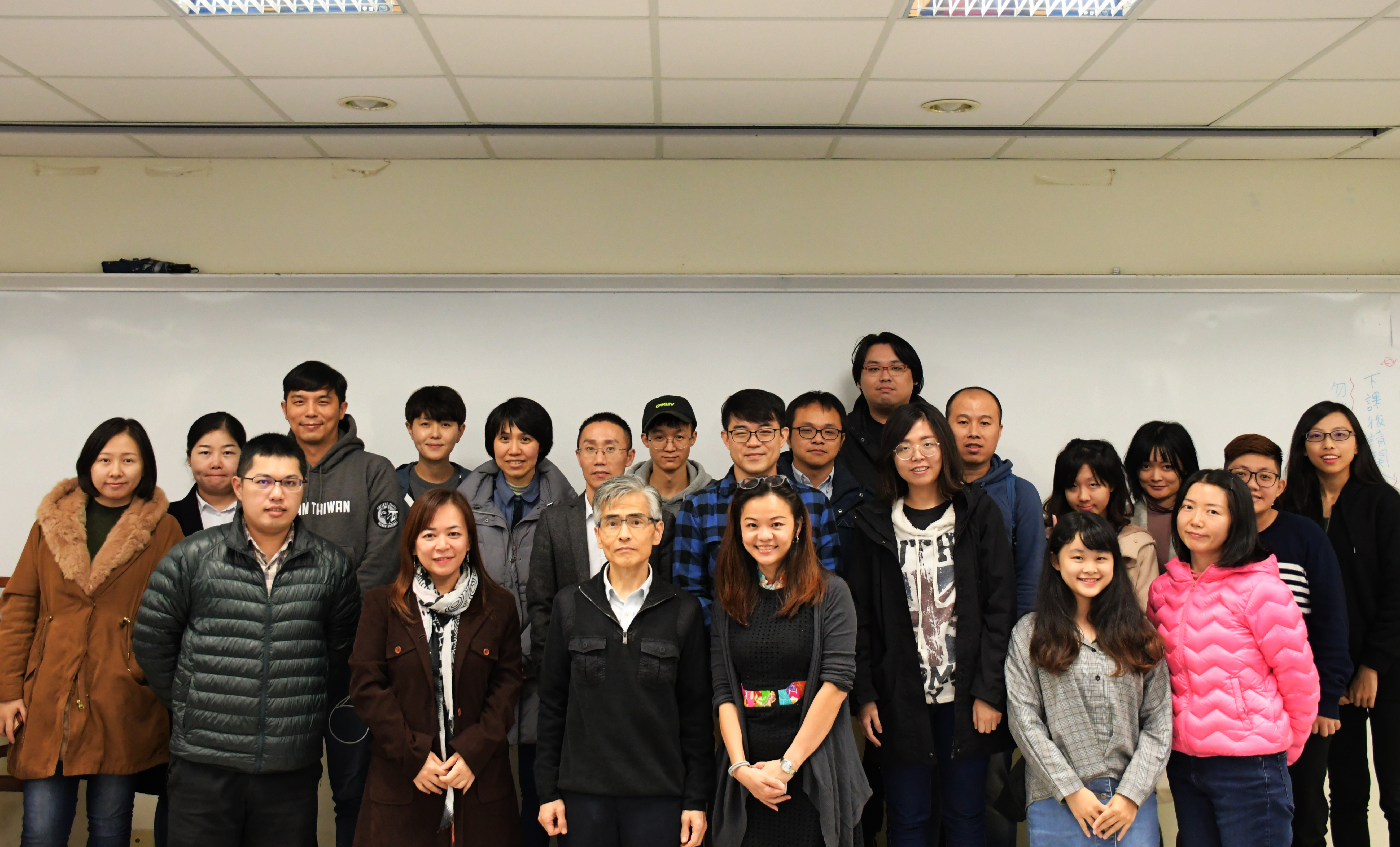
Group photo after the workshop
(Photo credit: TIGCR)





